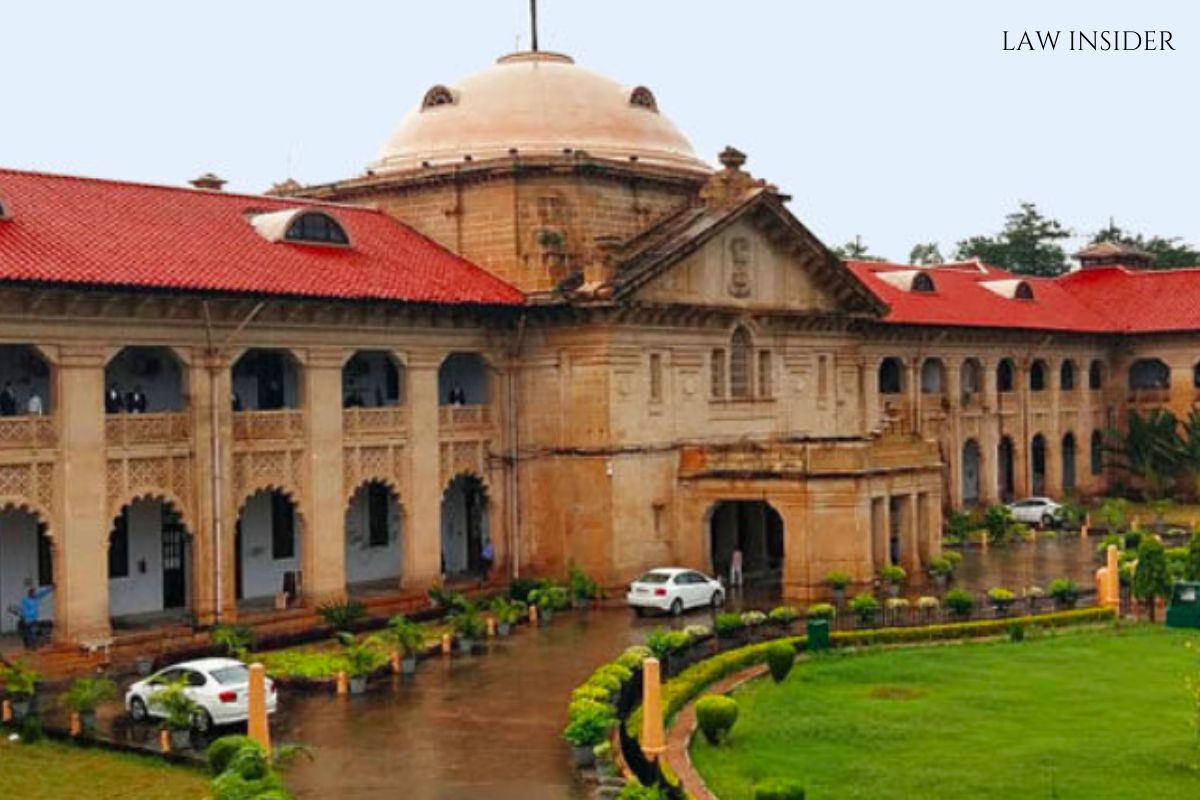Khushi Bajpai
Published on: September 4, 2022 at 18:00 IST
The Allahabad High Court issued a major ruling that nullified the Uttar Pradesh government’s orders to recognize or acknowledge 17 Additional Backward Classes sub-castes as Scheduled Castes. The court ruled that only parliamentary law could have allowed for this practice.
According to the Bench of Chief Justice Rajesh Bindal and Justice J.J. Munir, “the provisions of Article 341 of the Constitution do not leave any scope for including any caste or group to the list of scheduled caste in a state provided by the Constitution (Scheduled Castes) Order, 1950, except by law made by parliament.”
The castes which the UP government had intended to include in the SC category were Majhwar, Kahar, Kashyap, Kevat, Mallah, Nishad, Kumhar, Prajapati, Dheevar, Bind, Bhar, Rajbhar, Dhiman, Batham, Turha, Godia, Manjhi and Machua.
The Case Before The Court:
In essence, the Bench was debating a writ petition filed by the Dr. BR Ambedkar Granthalaya Evam Jan Kalyan Samiti, Gorakhpur, which contested two government orders issued on December 21, 2016 and December 22, 2016, in which members of certain “Other Backward Castes” were requested to be declared as Scheduled Castes.
According to the clause in Article 341 of the Constitution, the petitioner had maintained that only the country’s Parliament had the authority to place any caste in the SC list.
Another writ petition was also filed, this time by Gorakh Prasad, challenging the state’s following order to the same effect that was given on June 24 of this year (2019).
It was argued on behalf of the petitioners that the list of scheduled castes was prepared by the President of India and only the parliament has the right to make any changes to the same, and that sought to have no right to amend it in any way.
The Court’s Observation:
The court observed that the order dated December 21, 2016, issued by the President of India in accordance with Article 341 of the Constitution, did not add or introduce any caste as a Scheduled Caste to the Indian Constitution (Scheduled Castes) Order, 1950.
The court noted that the December 21st Order just directs that the caste Majhwar members, whose entry in the Scheduled Castes Order, be given the required certificates after having their status verified; as a result, the court did not identify any illegality with that order.
In contrast, the court noted that the order from December 22nd explicitly designated 17 Other Backward Classes as Scheduled Castes for the sake of clarification.
The court emphasized that the UP government’s order to drop 17 castes that would have otherwise fallen under the OBC and Scheduled Caste categories in the state of Uttar Pradesh was improper because doing so is not something that a state government is allowed to do in light of the provisions of Article 341 of the Constitution.
In reference to a certain state or union territory, “the Constitution (Scheduled Castes) Order, 1950 alone can specify which castes, races, tribes, or groupings within castes, races, or tribes shall be recognized as Scheduled Castes under the Constitution. Any modifications to the President’s Order’s list of Scheduled Castes must be approved by Parliament through Legislation, according to Article 341(2).”
“A specific caste can only be added to or removed from the list of the Constitution (Scheduled Castes) Order, 1950, as amended in 1976, by legislative statute. The President’s Order, which is referred to in Article 341 as a notification, is impervious to any changes made by a later notice, not even by the President.”
The court also cited the Supreme Court’s ruling in the case State of Maharashtra vs. Keshao Viswanath Sonone, which stated that the Parliament alone has the express and sole authority to include or exclude, amend or alter the Presidential Order.
The Courts cannot and should not exercise this authority to determine whether a particular caste, subcaste, group, or portion of a tribe is included in any of the entries mentioned in the Presidential Order.

